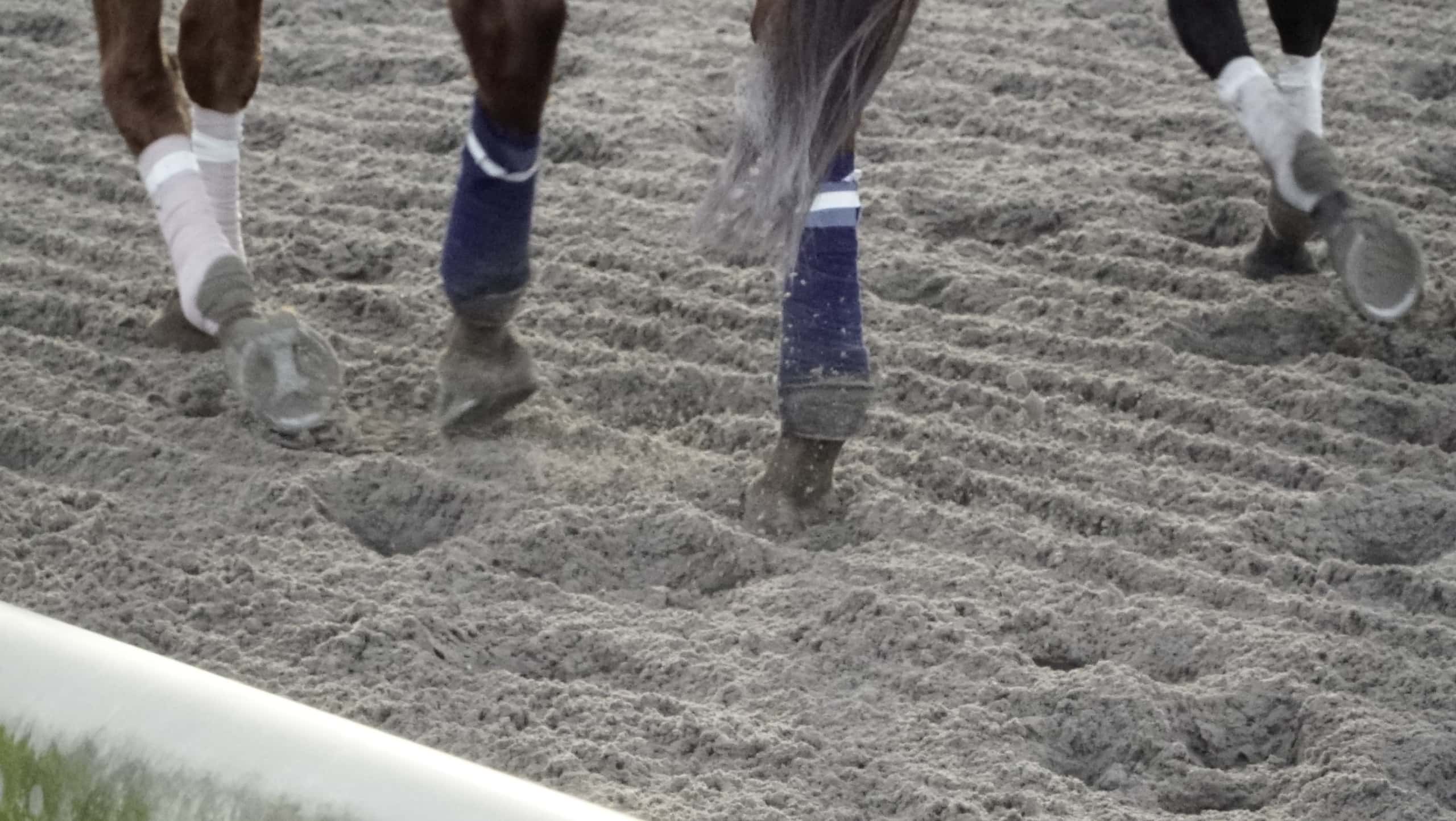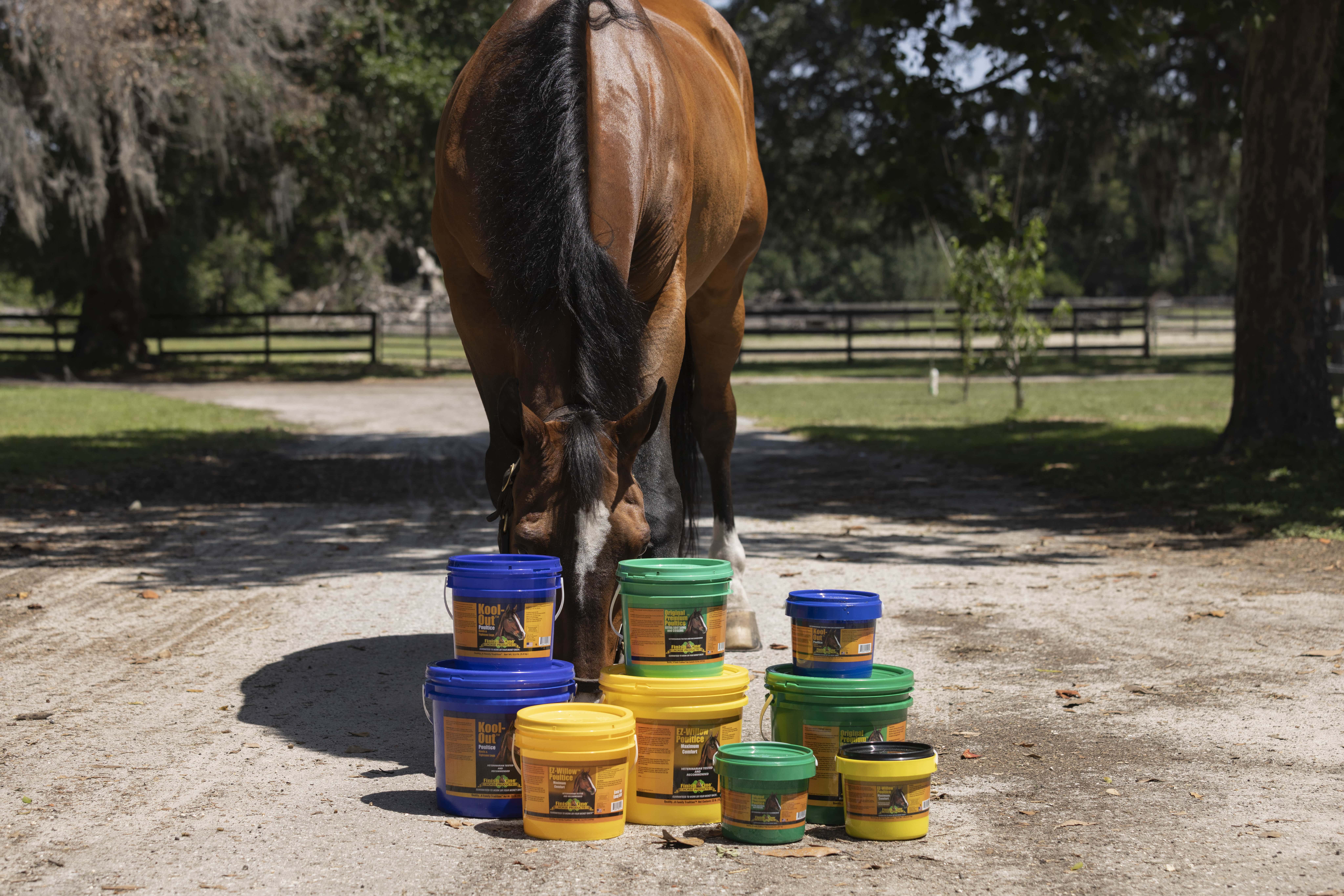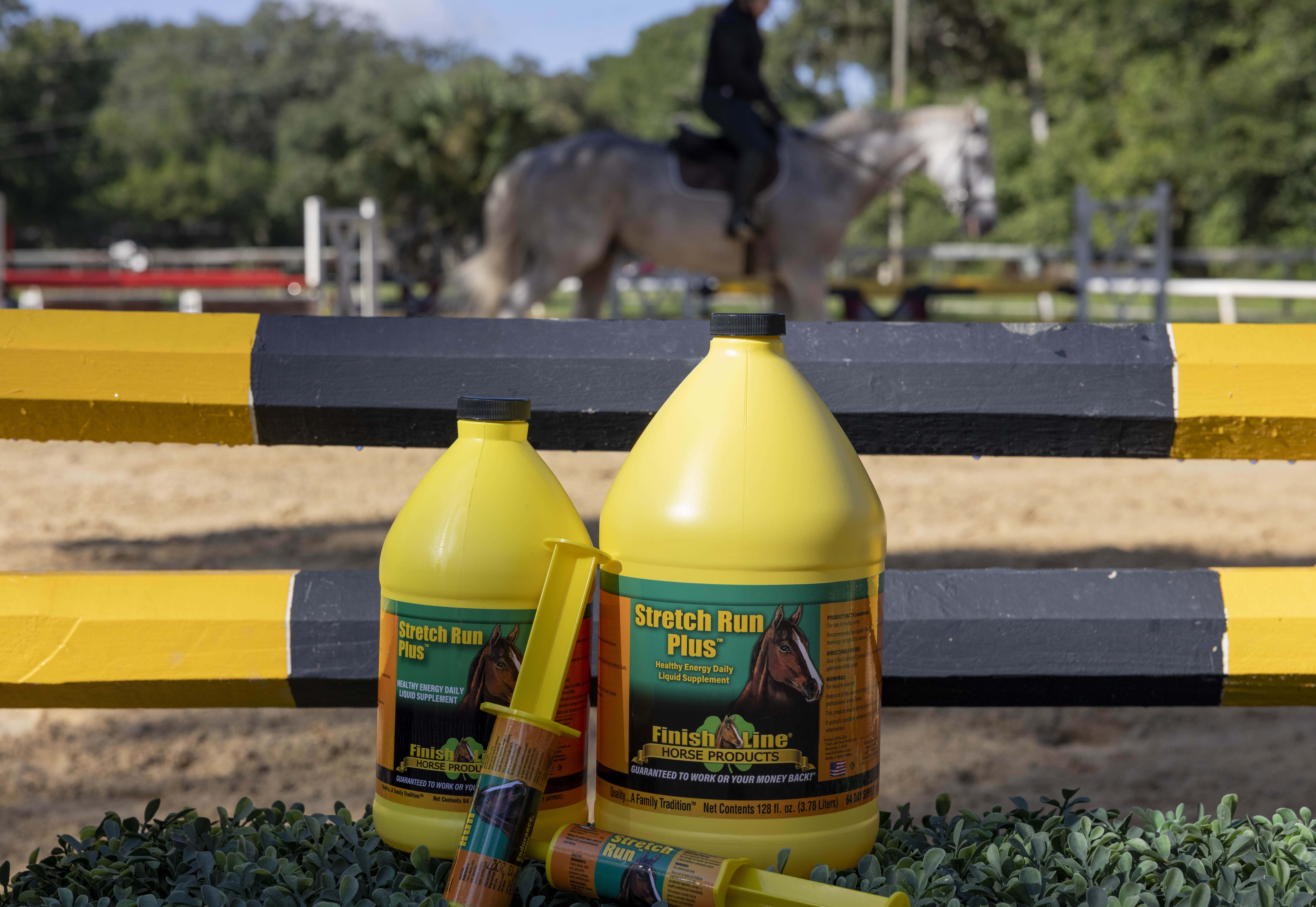Just like any other animal, horses need a good amount of exercise every day in order to stay healthy, fit and cooperative. If you’re not sure how in shape your horse is, you can figure it out by taking his heart rate. A very fit horse will have a heart rate below 70 beats per minute after 10 minutes of exercise.
It’s very important to keep your horse just as active in the winter as he is in the summer. The longer your horse is inactive during the winter months, the harder it’s going to be to get him back into shape once the weather begins to warm up. No matter the season, here are a few ways to keep your horse active:
1. Obedience training
You can work on your horse’s obedience and balance while helping him get exercise at the same time. Work on exercises like transitions (i.e. walk to trot or canter to trot), bending, lateral work and specific techniques such as jumping, dressage or endurance riding. These exercises not only keep your horse active, they improve the bond between you and your animal.
2. Do work in the water
If you have a senior horse, or a horse that has joint troubles, consider working with him in the water. This form of exercise is gentle on the joints, not to mention it’s great for the heart and lungs. Of course, if your horse has never been in water, it’s important to start out slow. You can ease him in by starting with puddles, then shallow water, etc.
3. Practice a conditioning program
Start your horse on a conditioning program that will have him in shape in no time. You can opt for slow-speed distance training, which consists of trotting or cantering at slow speeds for a far distance. Doing so improves aerobic production of ATP to produce energy and boosts limb strength. You can do high-speed conditioning horse riding, which is the opposite of slow-speed training. Your horse will run at a higher speed for a shorter distance.
Keep in mind there is such a thing as overtraining. It’s equally important to give your horse some recovery time as it is to get him to exercise. Overtraining can have harmful effects on a horse’s heart, immune system and musculoskeletal system. Every horse is different, so be sure to listen to your animal and watch for any signs of discomfort or chronic fatigue.








